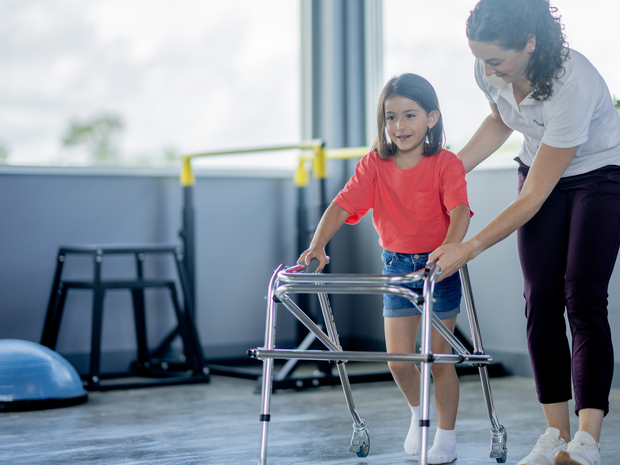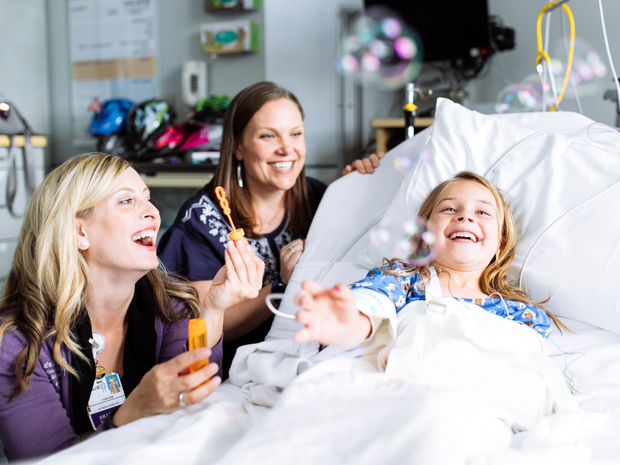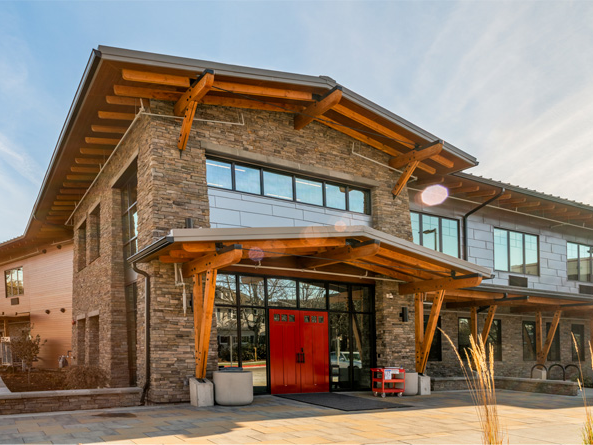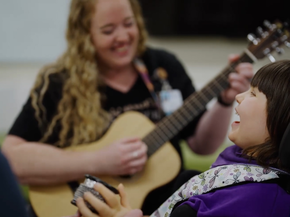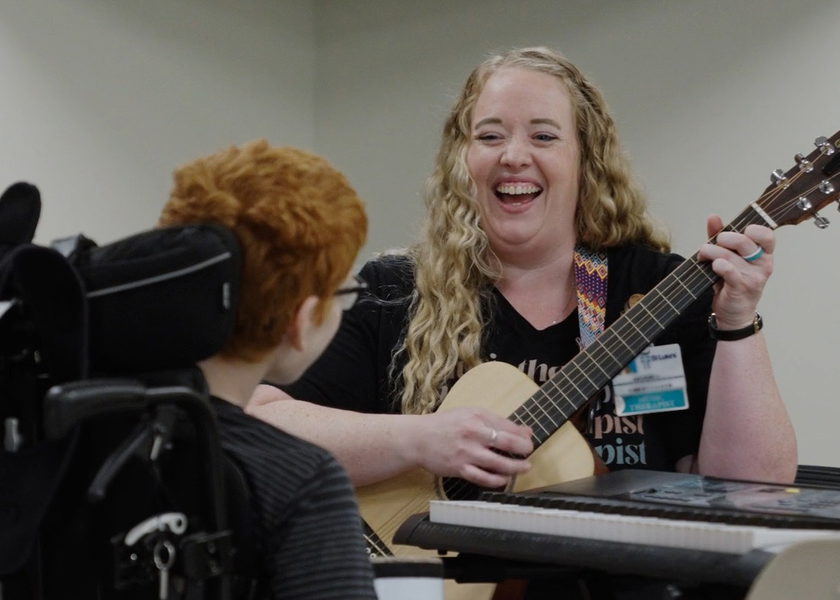Inpatient Rehabilitation Unit
Pediatric Inpatient Rehabilitation Unit at St. Luke’s Children’s Hospital: Boise
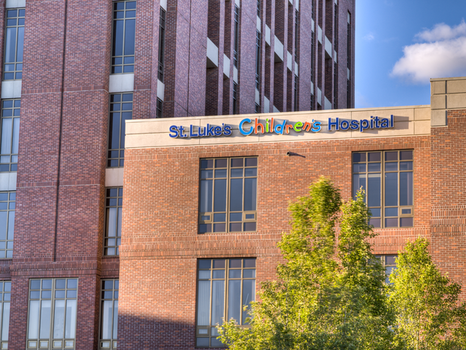
St. Luke’s Children’s Visitor Policy
To support the safety of our patients, employees, and providers, St. Luke’s Children’s Hospital has adjusted our visitor policy. Learn more
About Our Pediatric Inpatient Rehabilitation Unit
The Pediatric Inpatient Rehabilitation Unit (IRU) within St. Luke’s Children’s Hospital operates 24 hours a day, 7 days a week to support children and teens requiring substantial rehab services to recover from illness, surgery, or injury. Patient care is supervised by board certified, fellowship trained pediatric physical medicine and rehabilitation physicians and includes support from pediatric hospitalists, rehabilitation nurses and pediatric therapy experts who promote recovery through person...
Related Specialties
Areas of Focus
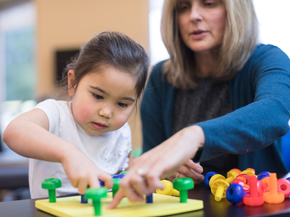
Supporting Independence
Occupational therapists focus on independence in daily activities such as eating, grooming, bathing, and toileting. We also help to improve play and school skills, and support interventions to improve vision, cognition, and functional mobility.

Improving Strength & Mobility
Our physical therapists work on strength, range of motion in joints, postural re-education, balance, and coordination to improve the child’s ability to navigate home, school, and community environments.

Helping Communication
Speech therapists work to improve speech, language, social communication, cognitive skills, feeding, and swallowing.
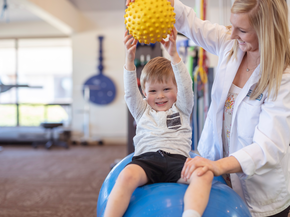
Maximizing Abilities
Our pediatric PM&R physicians work with the rehabilitation team to maximize the benefits of rehab interventions.


